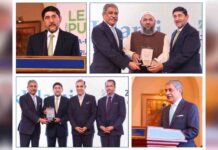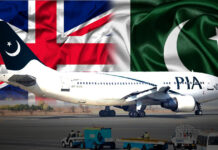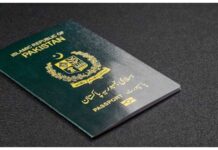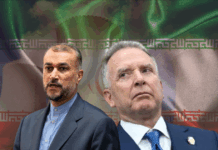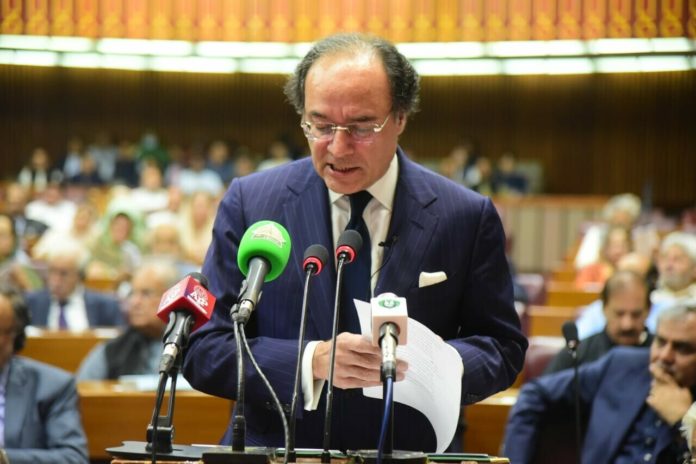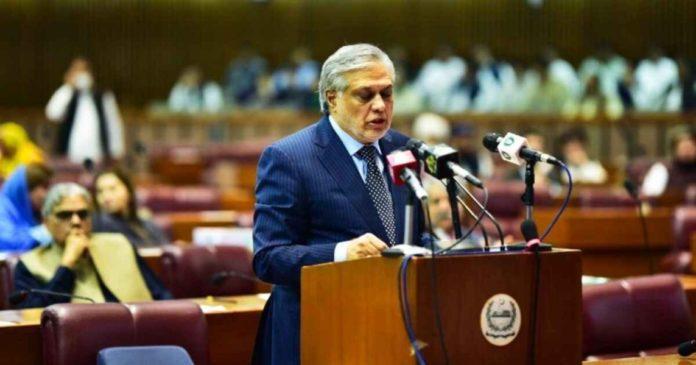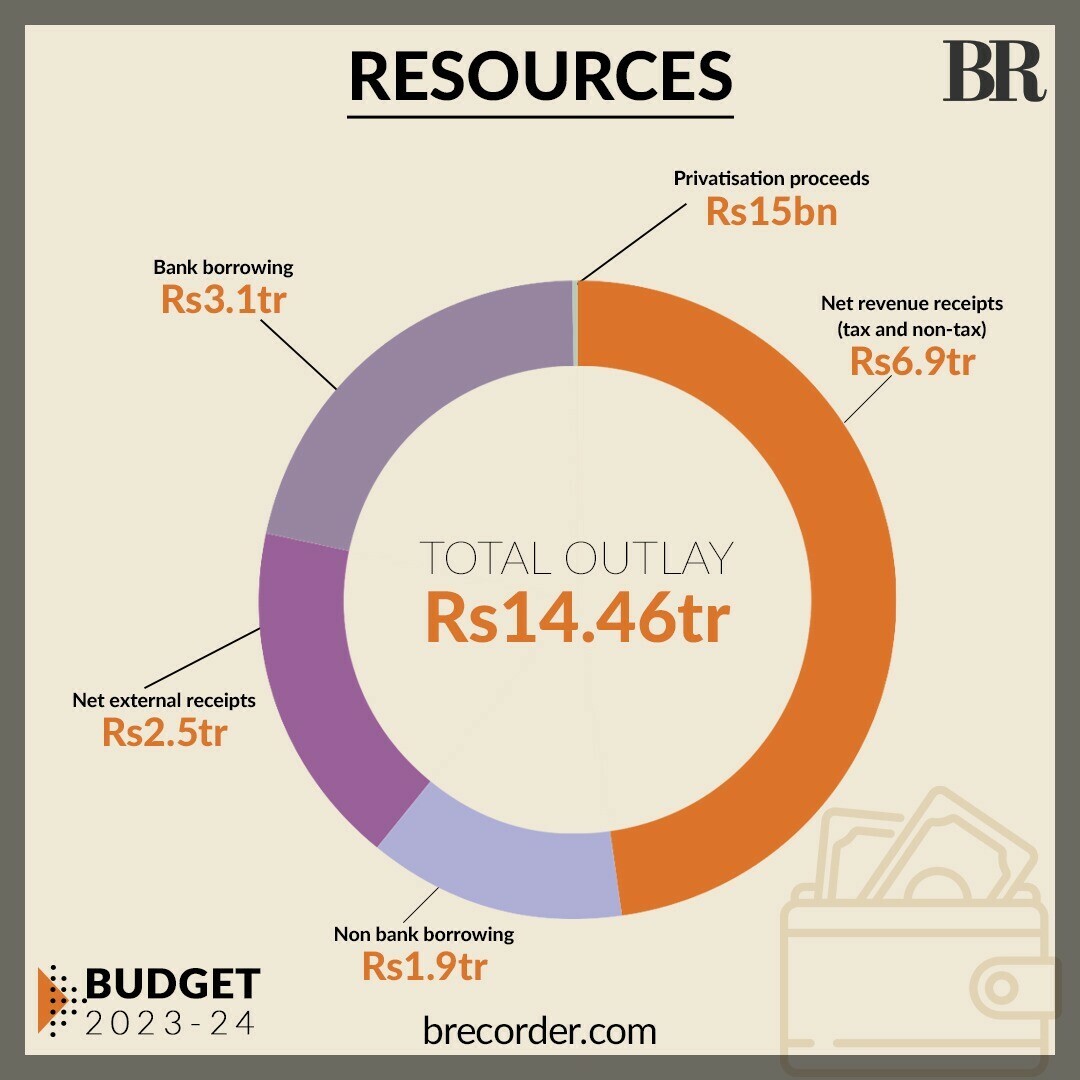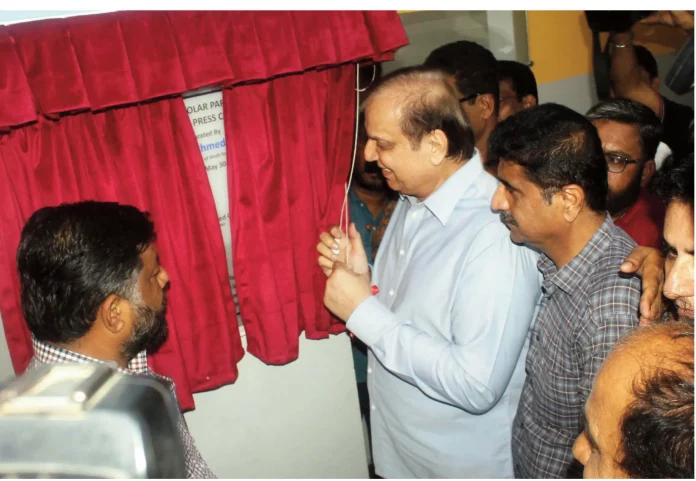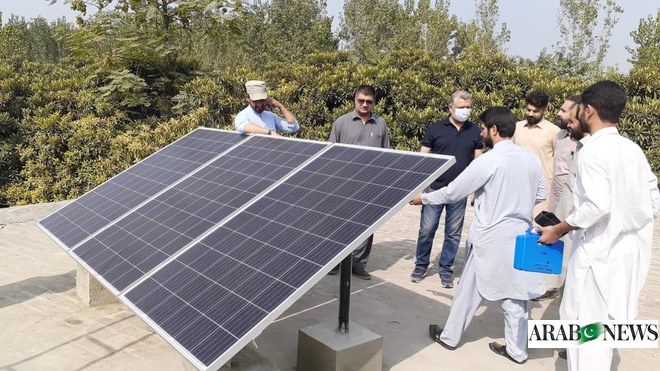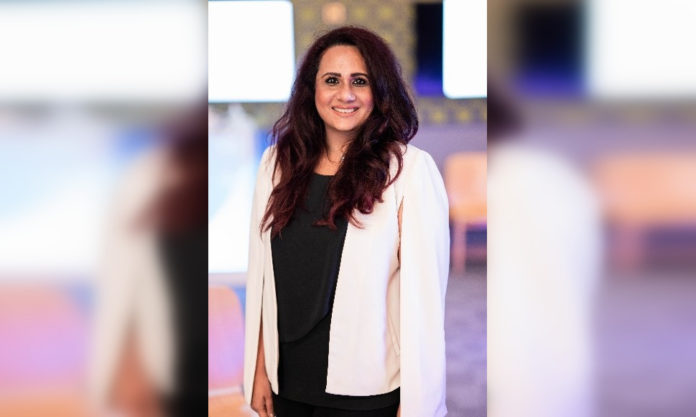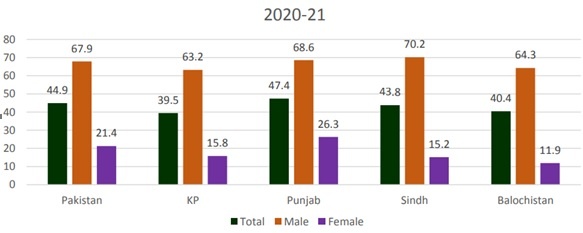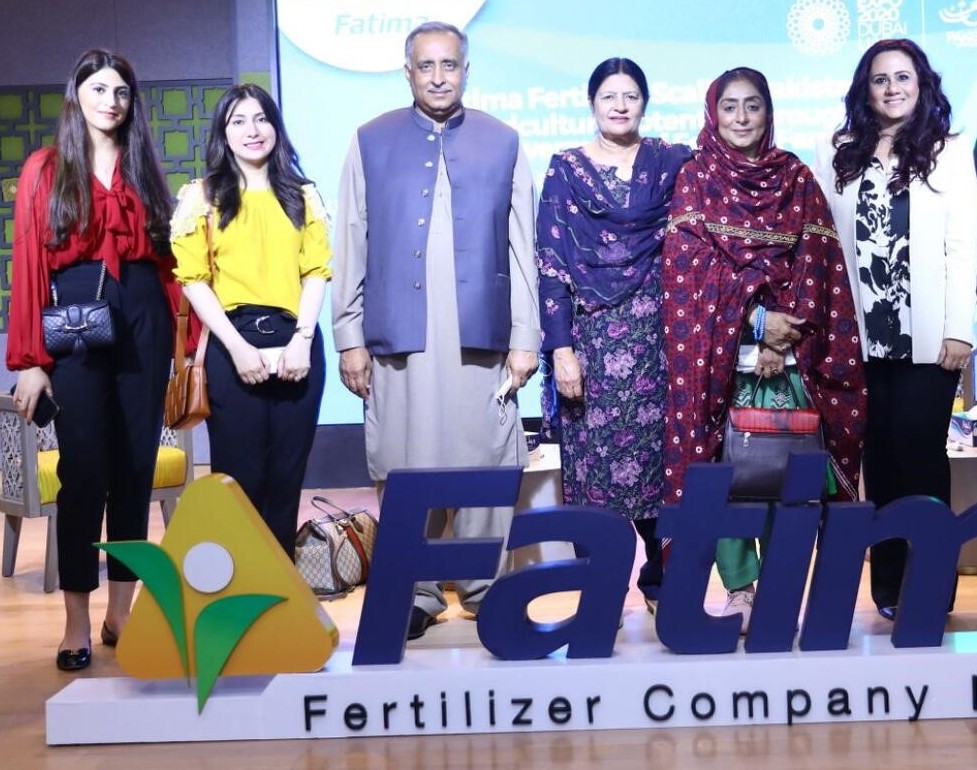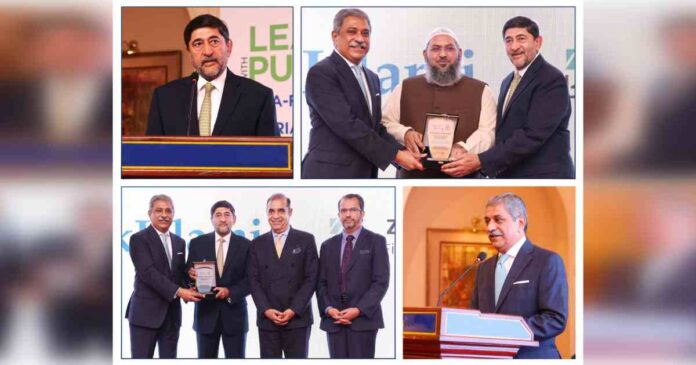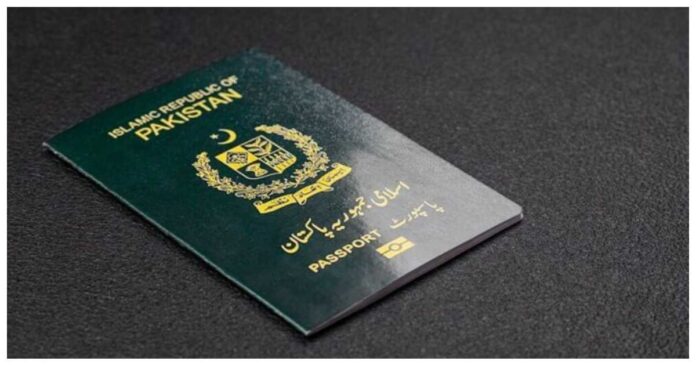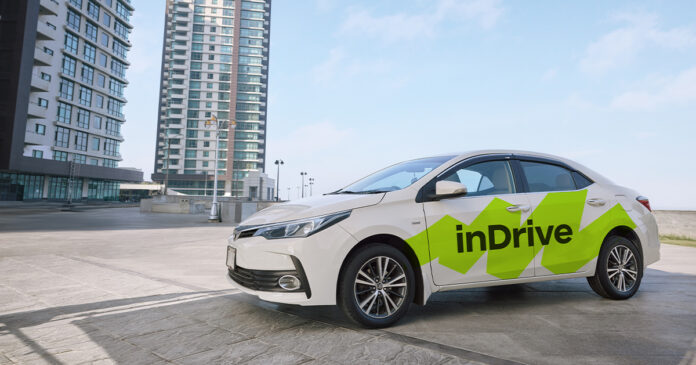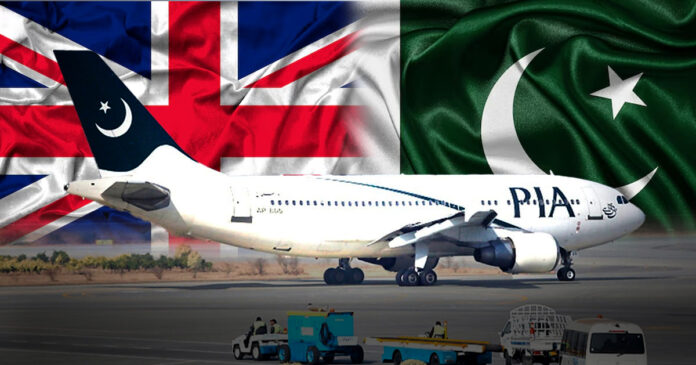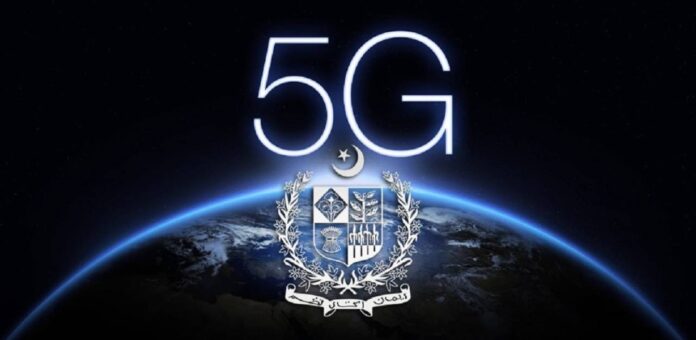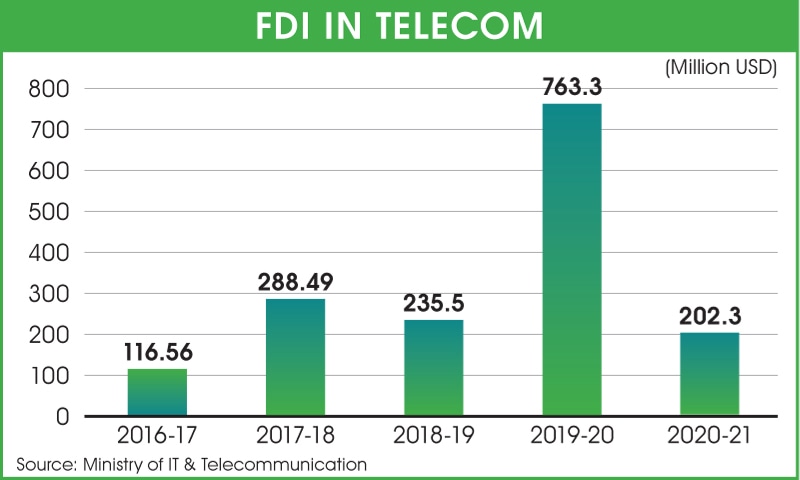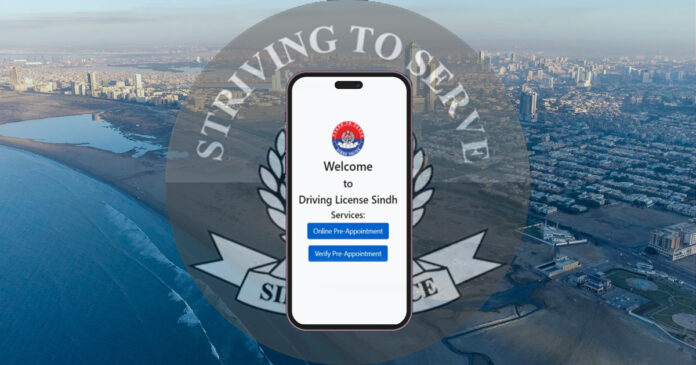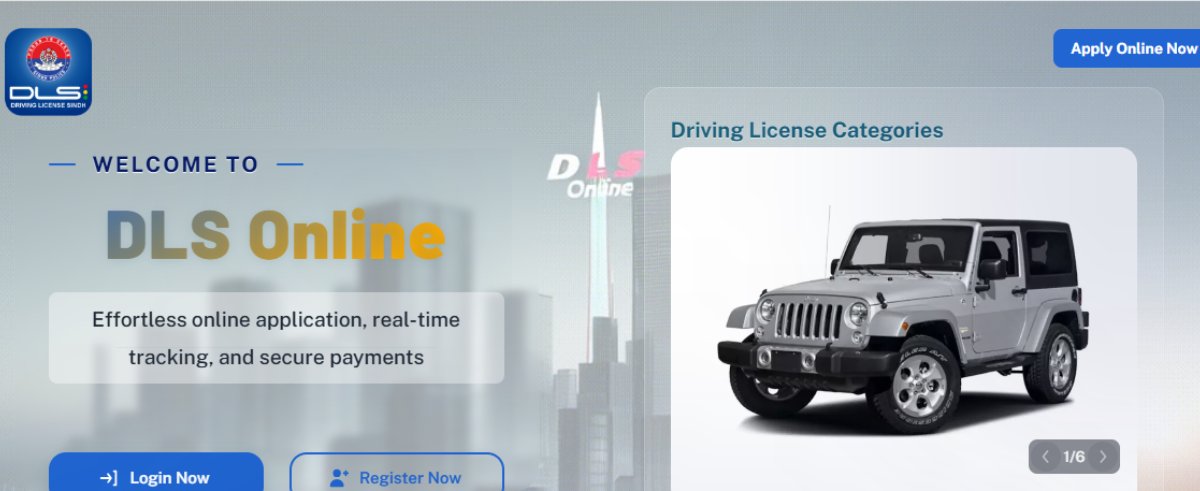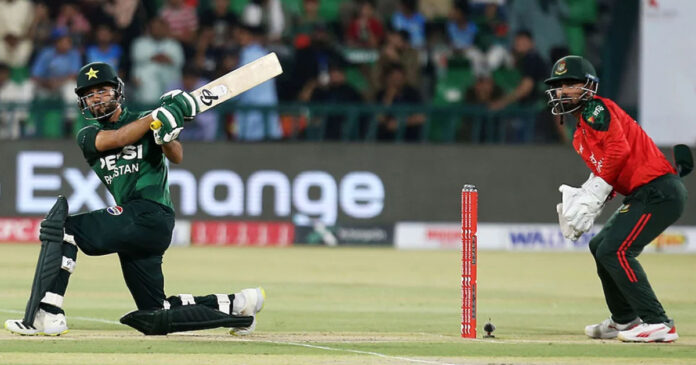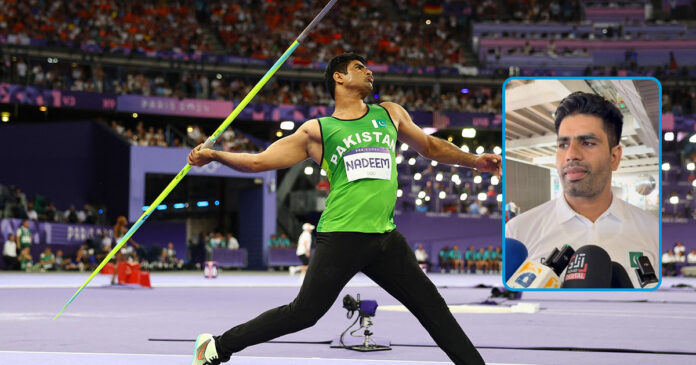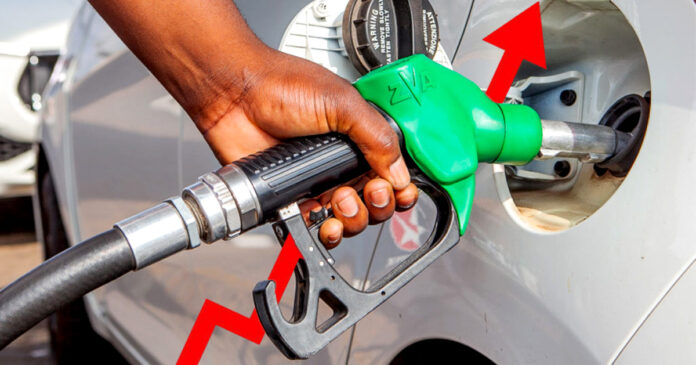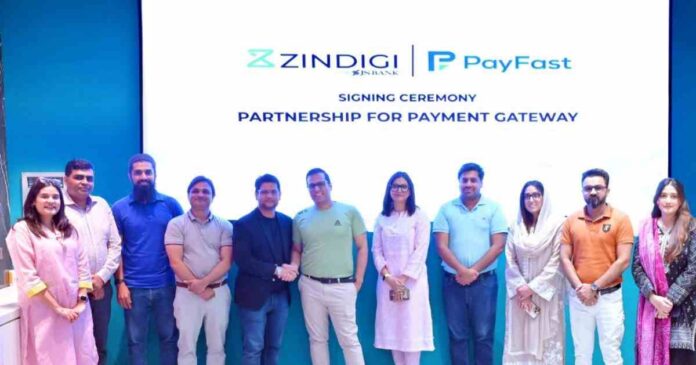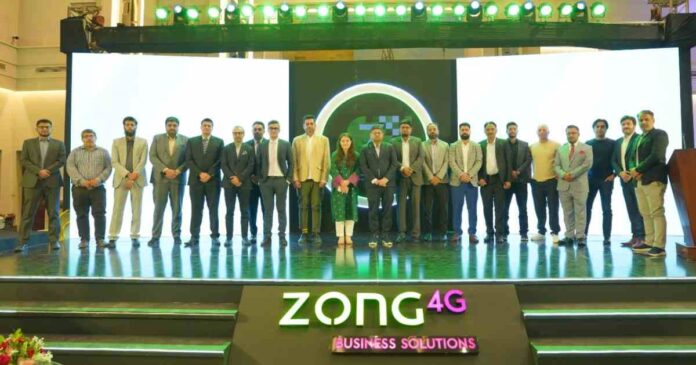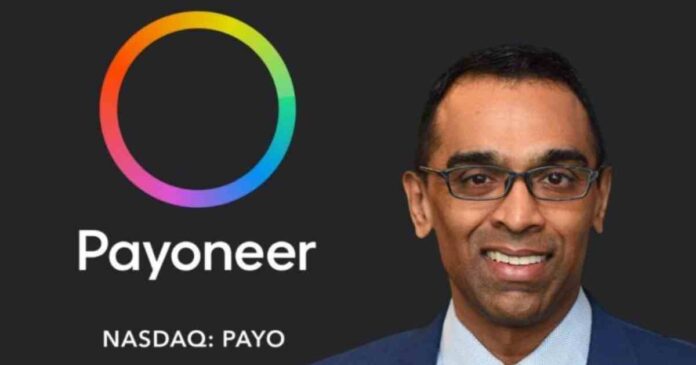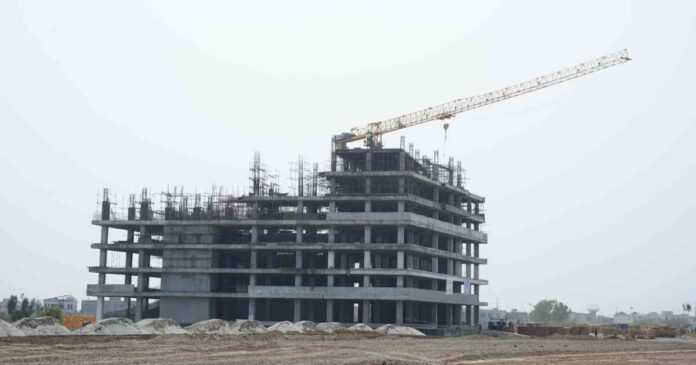Following the release of Pakistan’s budget for the fiscal year 2024–2025 yesterday, there is a noticeable feeling of shock that sweeps across the country. The public seems to be confused and concerned about the government’s budget plan, which was hailed as a way to get the nation through economic difficulties. But ultimately, this year’s budget announcement is only about to make things more difficult for the people. Let’s have a closer look at the highlights of the recently announced budget.
The Common Man’s Nightmare
The budget for FY2024-25 of 18.9 trillion Pakistani rupees ($67.84 billion), sets high goals in the face of difficult economic conditions. The administration intends to deal with a 6.9% GDP budget deficit while aiming for 3.6% economic growth. With defense spending projected to cost 2.1 trillion rupees and debt servicing is predicted to consume a staggering 9.8 trillion rupees!
The Federal Board of Revenue (FBR) has set an enormous tax revenue target of Rs. 12.9 trillion of the Budget For FY2024-25, which has left many people shocked. This number is a considerable increase over prior years, suggesting that the government will tighten its grip on tax evaders while the salaried class prepares for the consequences.
All The Important Details From Budget FY2024-25
While the budget for FY2024-25SaU cover’s a vast spectrum of domains, we’ll be focusing on the more important aspects. These will in one way or another be directly linked to your average salaried individual. Here are the highlights from the budget announcement of 2024-25:
- New Income Tax Slabs: The first thing under crosshairs is the tax slab for the average salaried individual. According to the budget for FY2024-25; the tax rate will be applicable from the 1st of June, 2024 and sees an increase in rates where anyone earning between Rs. 600,000 – Rs. 1,200,000 will be taxed double at a rate of 5% of their annual salary exceeding Rs. 600,000.
For those ranging above Rs. 1,200,000 and below Rs. 2,200,000, individuals will have to pay a staggering base 15% of their yearly income showing an increase of 2.5% from the previous year. On top of this, they will also be forced to pay a fixed tax of Rs. 30,000. This trend gets worse as you go higher on the tax bracket. More tax brackets are covered in the following image:
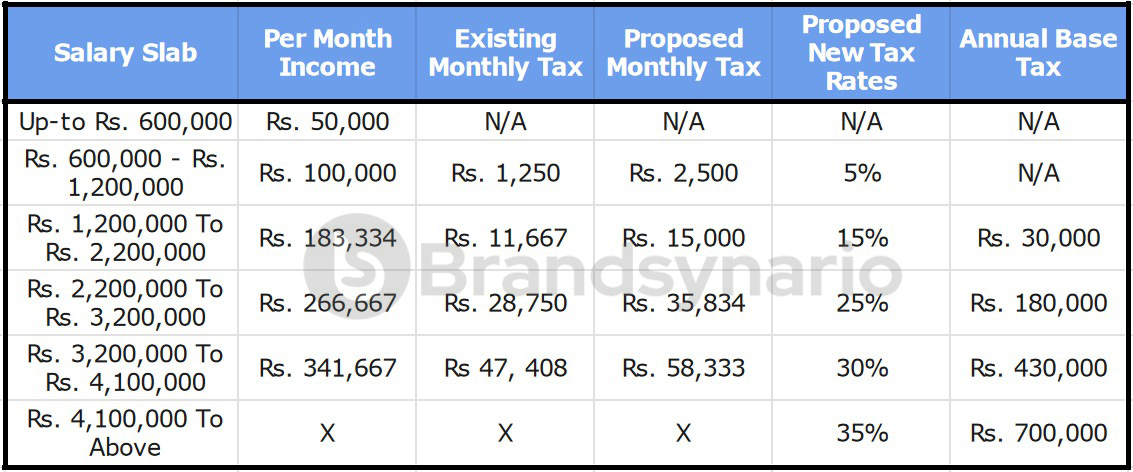
- Increase In Petrol Prices: The federal government has also increased levy on petrol by a staggering Rs.20, this sees it going from Rs.60 to Rs.80. This sudden increase in levy will ultimately have a ripple effect on numerous amenities such as transport, production and living expenses. Apart from the rise in fuel prices, the government has suggested raising the tax on light diesel oil. There will be an increase in the development levy on light diesel oil from Rs. 50 to Rs. 75 per liter!
- Vehicle Tax Registration: In another shocking turn of events, in place of engine capacity, the federal minister stated that pricing will determine the advance tax on car registration. So you can forget about paying a minimal tax on smaller vehicles, instead their actual values will determine the tax percentage.
- Phone Pricing: The mobile market proves to be one of the biggest sources of money, specially in cities such as Karachi. According the the new budget, different phone categories will be taxed an astonishing 18% of their value! This means if you’re looking at smartphones for Rs. 50,000, their new price is officially Rs. 59,000 after taxes. We will also see a eye-watering tax of 25% being implemented on smartphones costing more than $500.
- Import Items: The federal minister made the decision to no longer exclude luxury car imports from taxes. It has been agreed to raise the $50,000 import vehicle’s taxes and levies. The import tax on glass goods has also been removed by the government. The rate of import levies on steel and paper goods will be raised, as planned. The only exception to import items are essential goods which will not be taxed.
- Tax On Cigarettes & Nicotine: According to reports, the government intends on cracking down on factories where fake cigarettes are being reproduced. Not only this, but according to the budget, to deter people further away from drugs, the government has made the decision to tax the materials used to make cigarettes by Rs. 44,000 per ton! Nicotine pouches will also see a FED at a rate of Rs. 1200 per kg.
- Branded Apparel: In an attempt to raise the GST on textile goods, the federal minister declared in his address that the government has placed an 18% sales tax on branded clothing, shoes and other imported leather goods in the country.
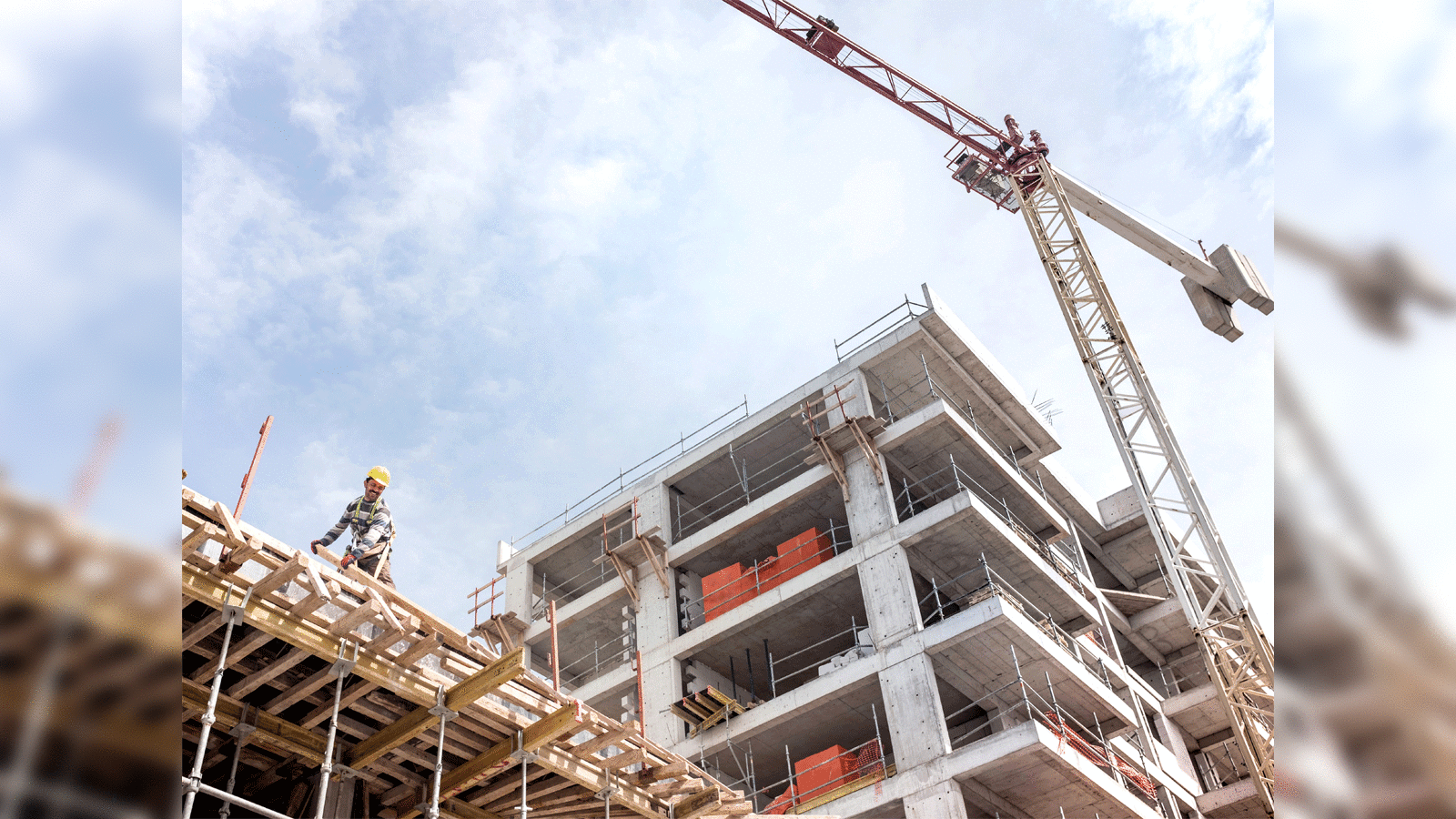
Image Source: Economic Times - Property & Construction: If you thought buying a house for your family was difficult in this economy, well it certainly just got more harder. The minister said that a 5% tax will be applied to the acquisition of new plots as well as residential and commercial real estate. FED on cement used in construction of new homes will be increased to Rs.3 per kg. Not only this, but a 15% tax will be imposed on filers and 45% on non-filers when dealing with property.
Other Affected Sectors And Details From Budget FY2024-25:
While these details might not affect the average salaried class individual in Pakistan, here are a couple of other aspects discussed in the new budget:
- Education Scholarships: The government has announced more scholarship programs to be introduced in order to cater more students. An estimate of 10 million students are to be catered according to the new budget.
- Solar Industry: In order to support the solar panel business, the coalition government eliminated import taxes on equipment, including raw materials used in the production of solar panels, inverters, and batteries, as well as plant machinery and associated equipment.
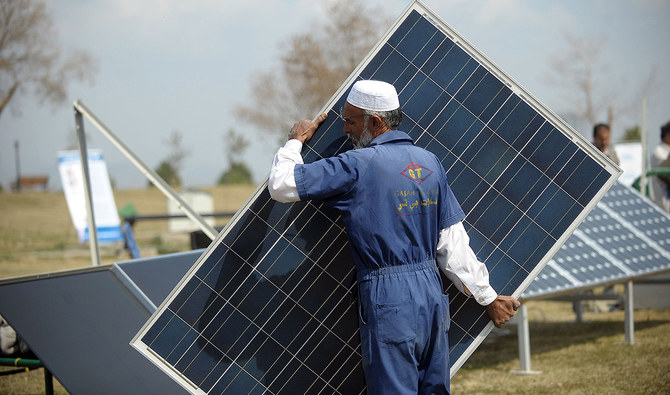
Image Source: ArabNews - Power Generation: Another sight for sore eyes is the allocation of funds for the water resources in the country. Rs. 206 Billion will be allocated which will be distributed amongst the Mohmand, Diamer Bhasha Dams and Chashma Right Bank Canal.
- Aviation: Major airports of the country are to be outsourced instead of running them locally and a whopping Rs. 622 billion worth of liabilities have been transferred from PIA.
- Increased Salary & Pension: It is reported that government employees from grades 1 thru 16 will see a hefty increase of 25% in their salaries & pensions. While grades above that will receive a handsome increase of 20% in their salaries & pensions as well.
- Kissan Package: The budget for FY2024-25 also stated that Rs. 5 billion ha been set aside for farmers’ packagers and that the government has chosen to capitalize on private sector involvement in this area.
- Benazir Income Support: The minister stated that a 27% increase in funding has been suggested for the Benazir Income Support Program. The BISP fund would grow to an astonishing Rs. 593 billion! This will in-turn support 0.7 million more people than the previously allocated amount.
- Inflation: While this is a hard pill to swallow, the government aims to reduce inflation in the country yet again. The plan is to keep inflation at a steady rate of 12% for the FY2024-25.
Concluding Remarks
The silent pain that the average person endures is ignored in the midst of all these discussions. It appears that the budget does not adequately meet the people’s urgent needs, even though its goal is long-term stability. The government has failed to time-and-time again meet the real requirements of the people and this year looks no different.
The release of the budget for FY2024-25 has resulted in a dire outlook for the upcoming year for the typical Pakistani. The already high cost of living is expected to rise much more. The relief efforts that have been implemented are minimal and hardly begin to address the financial struggles that Pakistani households endure already.
The Budget For FY2024-25 is a sobering reminder of the fine line Pakistan must walk between social welfare and budgetary sustainability as it navigates the economic recovery. It is a call to action for the government to make sure that its citizens are not left behind in the pursuit of economic resilience, in addition to setting lofty goals which might not even be achievable. All we can do now is wait…and hope, as always.
Stay tuned for more insights like these; this has been your average salaried individual Zayaan, Signing Off!

